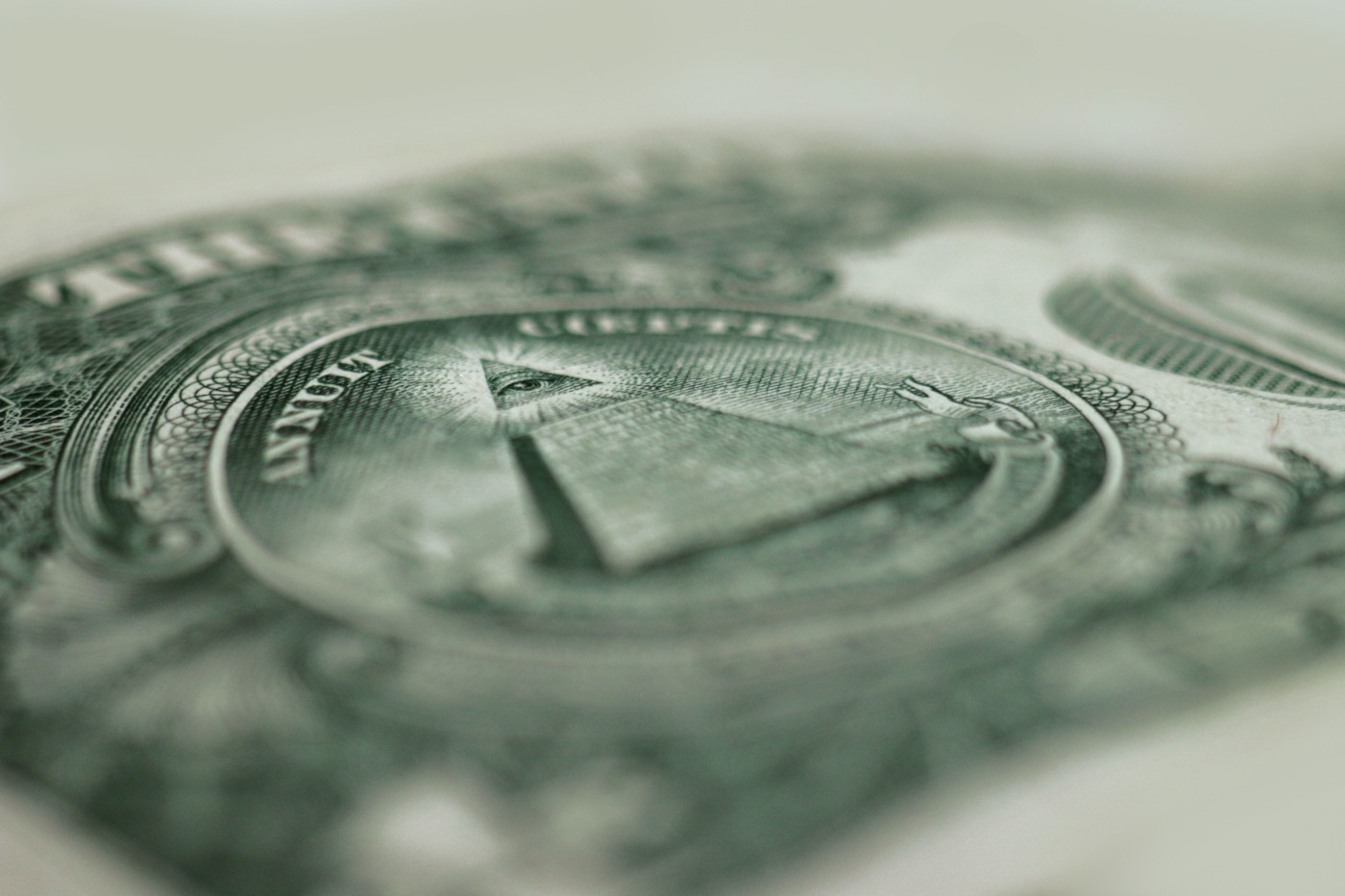Science reveals what makes a conspiracy theorist
Maybe you believe that Elvis hasn’t really left the building and is, in fact, alive and well in Buenos Aires, Argentina. Or perhaps you just don’t buy that Lee Harvey Oswald killed President Kennedy, and instead think the CIA was really behind the assassination. Whatever the case, there can be no debate that conspiracy theories are now rifer than ever.
This has led researchers at Union College, New York, to attempt to build a comprehensive profile of the “habitual conspiracist”. Often people choose to put stock into a conspiracy theory because it will validate their political views, such as Republicans believing that Barack Obama was ineligible to be President because his birth certificate was a forgery and he was not, in fact, a natural-born citizen of the United States. Democrats, on the other hand, are far less likely to believe the Obama “birther” theory but gladly accept that Trump’s presidential campaign colluded with the Russians. There are those out there, however, who are willing to accept any and all conspiracy theories, regardless of how generic they may be. It is this so-called ‘typical’ conspiracy theory believer that the new study, carried out by Dr James Hart and his student Molly Graether, was aimed at.
There are those out there, however, who are willing to accept any and all conspiracy theories, regardless of how generic they may be
With a sample size of more than 1,200 American adults, researchers asked volunteers whether they agreed with the two nonpartisan urban myths that “The power held by heads of state is second to that of a small unknown group who really control world politics” and “Groups of scientists manipulate, fabricate, or suppress evidence in order to deceive the public.” Participants were then required to observe triangles moving around at random on a computer screen and, as a follow-up to this exercise, had to say if there was any discernible pattern to the movement.
The paper, entitled ‘Something’s going on here: Psychological predictors of belief in conspiracy theories’, was published in the Journal of Individual Differences. In it, the team concluded that adults displaying ‘schizotypy’ were more likely to agree with the generic conspiracist statements. Moreover, according to Dr Hart, these individuals were also the ones to say that “nonhuman objects – triangle shapes moving around on a computer screen – were acting intentionally, as though they were capable of having thoughts and goals they were trying to accomplish.”
Adults displaying ‘schizotypy’ were more likely to agree with the generic conspiracist statements
The study also found that people with schizotypy were more likely to judge nonsensical statements, such as “wholeness quiets infinite phenomena”, as profound – a tendency known as “BS receptivity”. In Dr Hart’s opinion, these two latter stages of the study suggest that conspiracy theorists “inferred meaning and motive where others did not”.
Schizotypy, the strongest predictor of conspiracy belief, is essentially an umbrella term for a myriad of traits. Concisely summed up by Dr Hart, those who display schizotypy are predisposed to be untrusting as well as “ideologically eccentric and prone to having unusual perceptual experiences (e.g. sensing stimuli that are not actually present)”. It also entails unusual beliefs and fears. Although borrowing its name from schizophrenia, it does not imply a clinical diagnosis.
Schizotypy, the strongest predictor of conspiracy belief, is essentially an umbrella term for a myriad of traits
Conspiracy theories have, however, proven to be correct. Dr Hart admits that “after Watergate, the American public learned that seemingly outlandish speculation about the machinations of powerful actors is sometimes right on the money… And when a conspiracy is real, people with a conspiracist mindset may be among to the first to pick up on it while others get duped.”

Comments